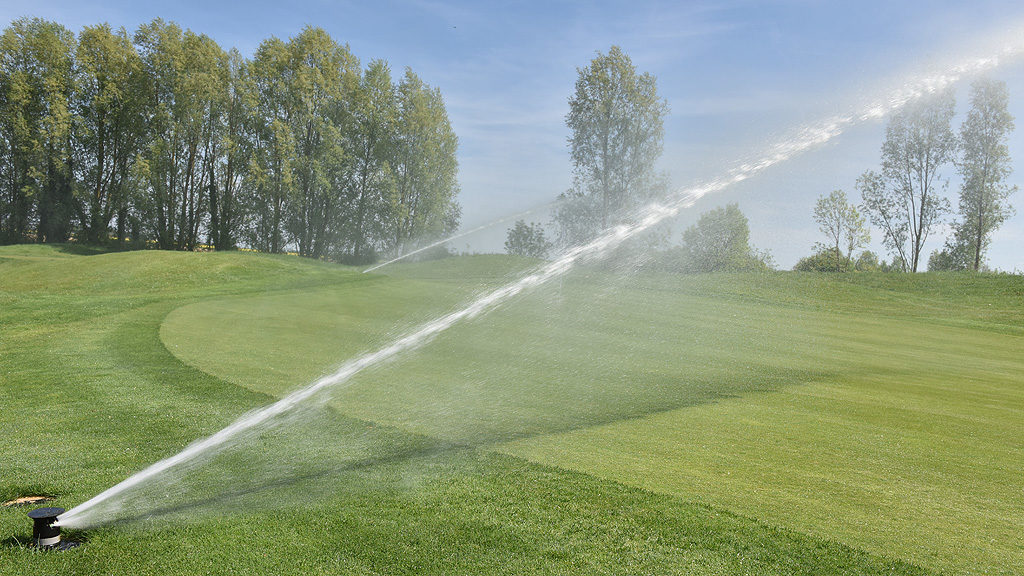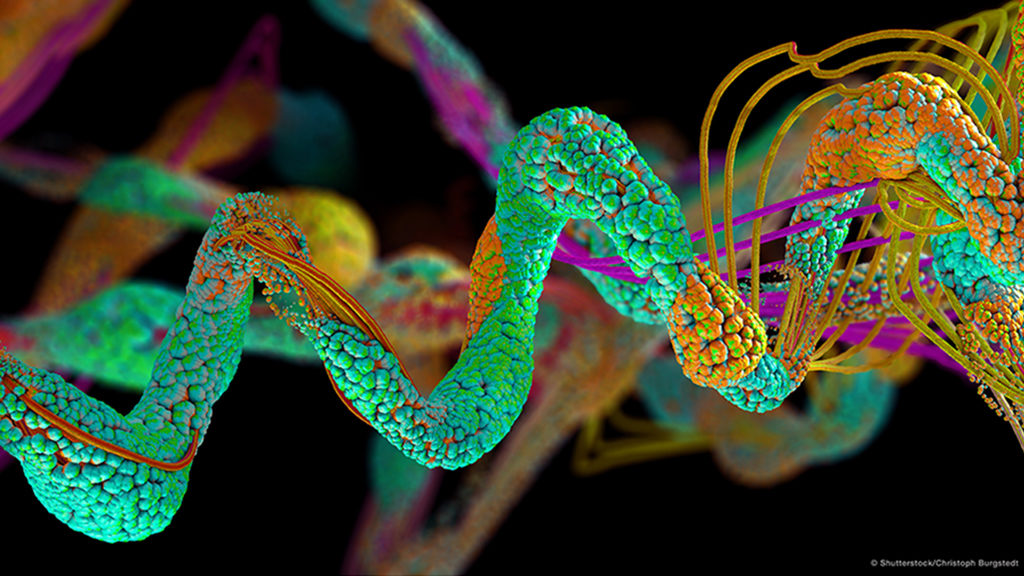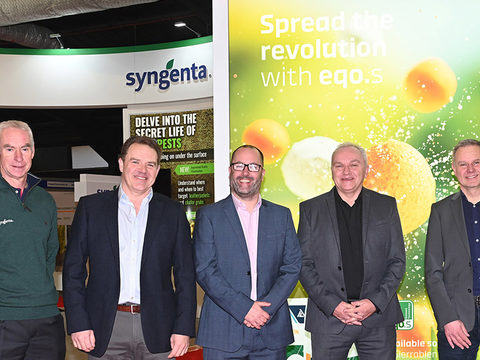Turf stress survey shows challenge for plant health

Turf stress is considered a significant factor in plant health by over 80% of greenkeepers and agronomists, according to findings of a nationwide Syngenta turf stress survey. Virtually all others believe it has some effect, with less than 2% seeing no link.
In a drive to shape the future of Hicure turf stress research priorities, over 160 respondents were asked to rank the importance of stress factors.
The top ranked factor having highest effect was, disease infection – followed closely by moisture deficit, the wear and tear of play and the effect of heat on turf plants.

Mid-ranked stress factors, in order of importance, included nutrient imbalance; sunlight; mowing and other turf management practices. Stress factors of cold and air pollution were seen to be of considerably lower impact.
To counter the effects of stress, 95% respondents considered that biostimulants had a role in turf management, with two-thirds rating them as significant.
Over 80% said they were already using biostimulants every season, with more than 10% intending to try their use in the future. Of those that had already used biostimulants, seaweed was by far the most common, used by over 80%. Phosphites and specific amino acid products had been used by over half of respondents, with sugars and other options used by significantly fewer.
Find out more about Hicure stress management technology
In around 60% of instances greenkeepers and agronomists would use different biostimulants at different times of the year, with nearly half using them in mixtures. Most (45%) would use them all year around, with a third targeting when stressful periods were likely to occur.
The vast majority (95%) were applying biostimulant before turf stress had been experienced.

Most greenkeepers and agronomists reported they had some knowledge of the role of amino acids (above) in building turf energy and strength, with 99% highlighting their interest to find out more.
Results from the State of the Nation Survey will be used to prioritise new Syngenta Hicure stress research trials at STRI and on golf courses over the coming season.
Greenkeepers and agronomists can learn more about the use of amino acids, along with the science behind their function in turf plant response to abiotic stress shock, in an on-line Facebook seminar with Syngenta Technical Manager, Glenn Kirby later this month – Look out for the date.












